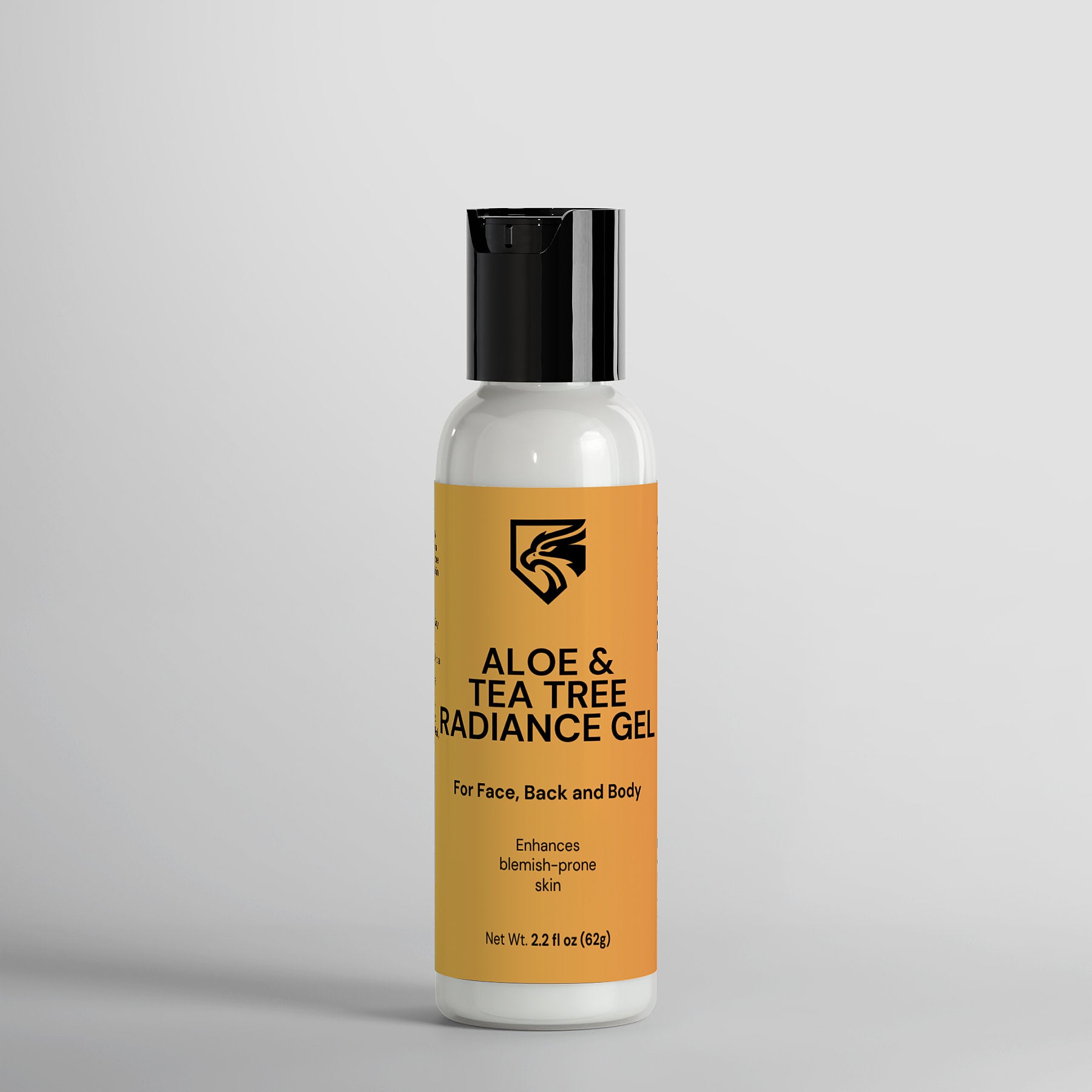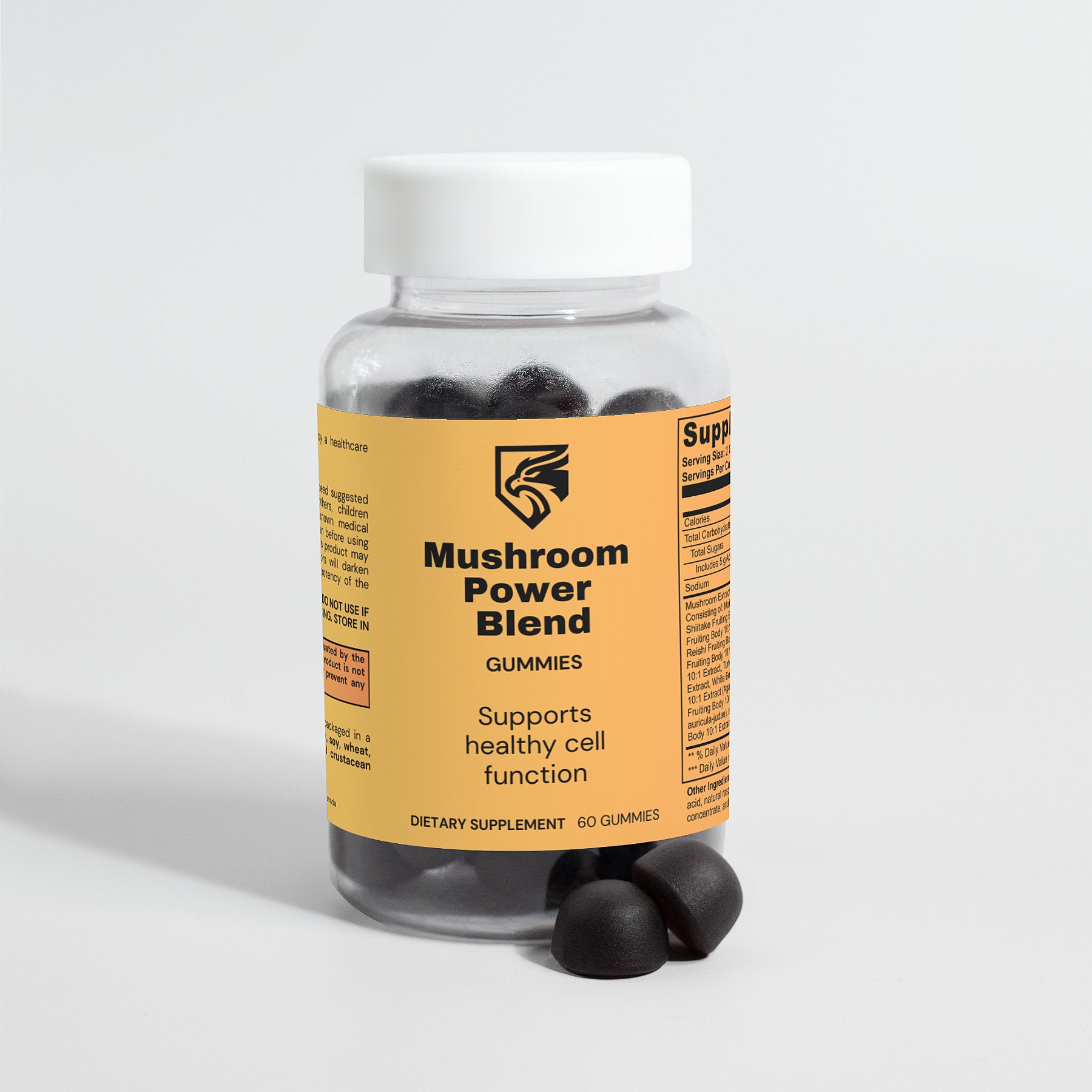The Impact of Low Testosterone on Relationships
In the intricate dance of love and intimacy, hormonal balance plays a crucial role. Testosterone, often associated with masculinity, influences not just physical traits but also behaviors and emotions. When testosterone levels dip below normal ranges, it can have significant consequences, not only for the individual but also for their relationships. In this essay, we'll explore the implications of low testosterone on relationships, delving into both the physiological and psychological dimensions.
Understanding Testosterone:
Testosterone is a hormone primarily produced in the testes of males and in smaller amounts in the ovaries of females. While it's often linked to characteristics like muscle mass, facial hair, and libido, its influence extends far beyond these surface attributes. Testosterone levels fluctuate throughout life, peaking during adolescence and early adulthood before gradually declining with age.
The Role of Testosterone in Relationships:
In the context of relationships, testosterone plays a multifaceted role. It contributes to the development of sexual desire, arousal, and performance, thus influencing the frequency and quality of intimate interactions between partners. Beyond the physical realm, testosterone also affects mood, confidence, and assertiveness, all of which are critical for effective communication and emotional connection within a relationship.
Consequences of Low Testosterone:
When testosterone levels fall below the normal range, a condition known as hypogonadism or low testosterone, it can have far-reaching effects on both individuals and their relationships. Physiologically, low testosterone can manifest as decreased libido, erectile dysfunction, fatigue, and reduced muscle mass. These symptoms not only diminish sexual satisfaction but can also lead to feelings of inadequacy, frustration, and self-doubt.
Psychologically, low testosterone is often associated with mood disturbances such as depression, anxiety, and irritability. These emotional upheavals can strain the dynamics of a relationship, causing tension, conflicts, and misunderstandings. Moreover, the lack of confidence and assertiveness stemming from low testosterone may hinder effective communication and problem-solving, further exacerbating relationship challenges.
Navigating Relationship Challenges:
Dealing with the effects of low testosterone requires a multifaceted approach that addresses both the physiological and psychological aspects of the condition. From a medical standpoint, hormone replacement therapy (HRT) can help restore testosterone levels to normal ranges, alleviating symptoms and improving overall well-being. However, it's essential to approach HRT under the guidance of a healthcare professional to minimize risks and maximize benefits.
In addition to medical intervention, couples facing the challenges of low testosterone can benefit from open and empathetic communication. Honest discussions about feelings, desires, and concerns can foster understanding and intimacy, strengthening the bond between partners. Seeking support from a therapist or counselor trained in relationship dynamics can also provide valuable insights and tools for navigating the complexities of low testosterone within a partnership.
The Importance of Mutual Support:
In times of adversity, the strength of a relationship is often tested. When faced with the challenges of low testosterone, mutual support and empathy become indispensable. Partners who can offer patience, encouragement, and understanding create a nurturing environment where individuals feel valued and accepted despite their struggles. By acknowledging and addressing the impact of low testosterone together, couples can emerge stronger and more resilient, forging deeper connections built on trust and compassion.
Conclusion:
Low testosterone is not just a physiological condition; it's a complex interplay of hormonal, emotional, and relational dynamics. Its consequences extend beyond the individual, affecting the fabric of intimate relationships in profound ways. By recognizing the challenges posed by low testosterone and adopting a holistic approach that encompasses medical intervention, open communication, and mutual support, couples can navigate these obstacles with resilience and grace, emerging stronger and more connected than ever before.







Leave a comment
All comments are moderated before being published.
This site is protected by hCaptcha and the hCaptcha Privacy Policy and Terms of Service apply.